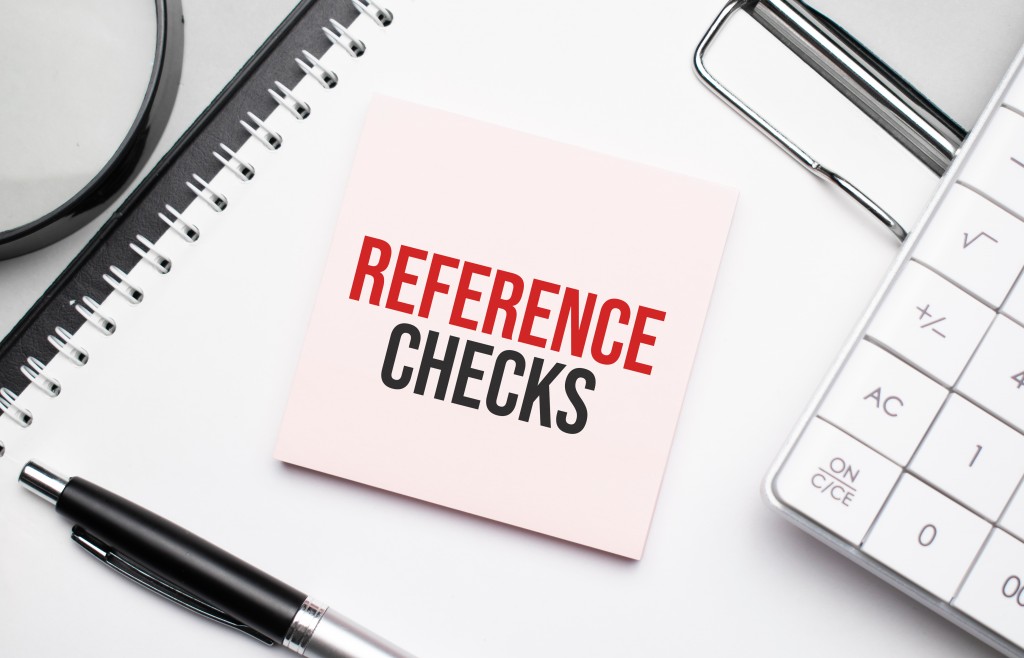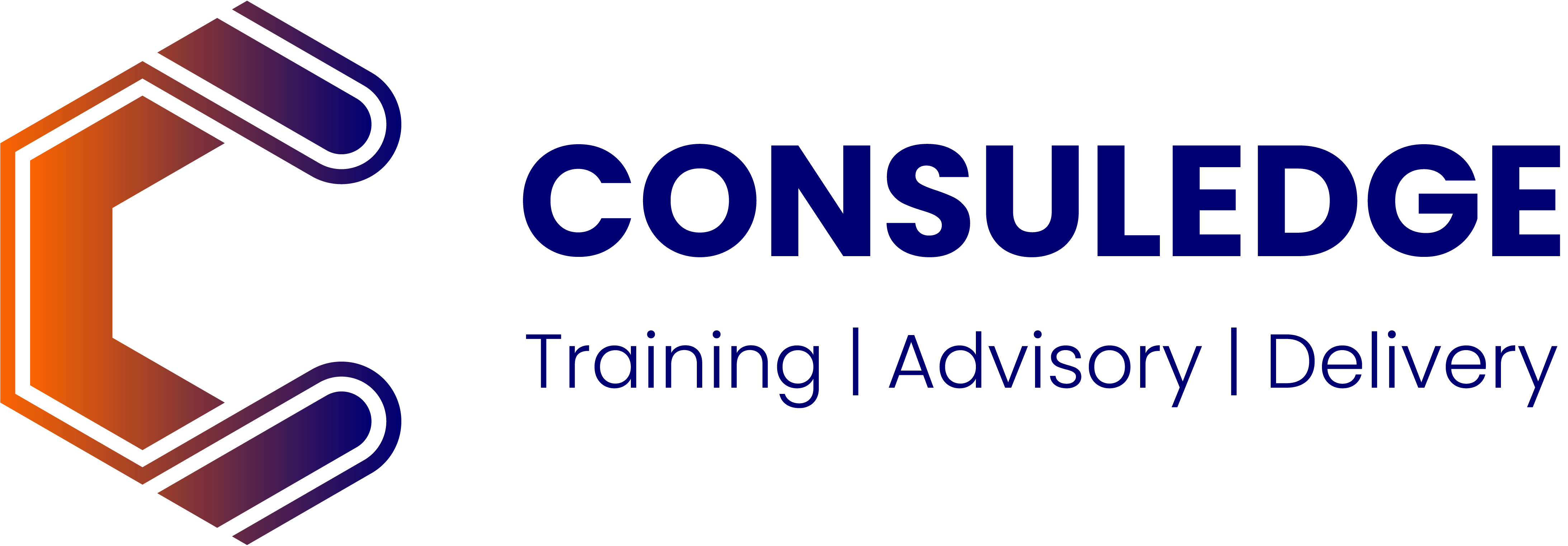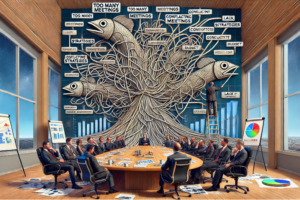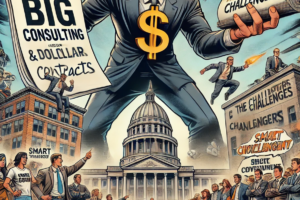
The Stupidity of Reference Checks: Why Outdated Hiring Practices Waste Time and Talent
What Are Reference Checks and Why Don’t They Matter?
The Truth Behind the Call
Every workplace relies on processes to function, and some, like reference checks, serve essential purposes. At their core, reference checks are designed to fact-check candidates, ensuring honesty about their achievements, roles, and experiences. This process helps minimize deception and reduces the risk of hiring unqualified individuals—at least in theory.
However, when a fact-checking mechanism evolves into a flawed and inefficient system, it becomes more of a liability than an asset. Imagine this: you’ve worked hard, tackled countless challenges, and strived to meet ambitious goals. But despite your efforts, the system supporting you is riddled with inefficiencies.
Targets are set without accounting for chaotic workflows, resource shortages, or outdated tools. Projects are delayed—not because of your performance but because of a broken system that prevents success. Yet, when it’s time to move on, the reference check reduces everything you’ve done to a flawed, subjective narrative.
One phone call to your previous manager decides your future—filtered through biases, forgetfulness, or even grudges. What could possibly go wrong? In this case, everything.

The Hidden Costs of Reference Checks
Why This Process Wastes Time, Money, and Resources
At its heart, the reference check is meant to verify facts. But in practice, it has become a symbol of inefficiency, wasting time, money, and trust. It doesn’t help employees, it doesn’t support employers, and it doesn’t lead to better hiring decisions.
Consider this: a government agency hires 200 people monthly. For every candidate, at least two referees must provide feedback, which takes about two weeks per referee. That’s 200 hires × 12 months × 2 referees × 14 days, equaling 67,200 days of waiting annually. Translation? One agency wastes 184 years of effort every year on reference checks.
What does this colossal waste achieve? It assumes:
- Your ex-manager’s opinion is flawless.
- Your working conditions were ideal.
- Your performance was measured accurately.
Reality, however, paints a different picture: opinions are biased, conditions are flawed, and measurements are often inconsistent.
Here are some examples from my own career:
- At Investa, I met every KPI, but my bonus was denied because I didn’t meet my manager’s “expectations.”
- At Stockland, I engaged stakeholders, solved problems, and built relationships, but my communication style was criticized because it didn’t match my manager’s preferences.
- At TCS, the reference check process was outsourced to another company. This pro-inefficiency approach didn’t solve any problems; it magnified them. The flawed system was handed over to a third party, multiplying inefficiencies while adding no value.
Instead of fostering trust, this process has become an anti-progress machine, delaying decisions, complicating processes, and perpetuating dysfunction.
How Reference Checks Hurt Hiring Efficiency
The Real Cost of Broken HR Systems
Let’s step back and look at the bigger picture: reference checks aren’t just inefficient—they represent how broken systems perpetuate themselves.
Here’s how this dysfunctional process unfolds:
- Chasing Feedback: Managers are too busy, too biased, or too forgetful to provide meaningful evaluations.
- Hinged on Opinions: Hiring decisions depend on subjective, vague, and often inaccurate feedback.
- Wasted Resources: Organizations lose productivity, individuals lose opportunities, and trust erodes.
Zoom in on those 184 years of waiting: that’s 184 years of ideas not shared, solutions not implemented, and progress not made—all sacrificed to uphold a system that delivers little value.
Even The Stupidity Paradox: The Power and Pitfalls of Functional Stupidity at Work by Mat Alvesson and Andre Spicer missed this glaring example of workplace dysfunction. The book critiques inefficiencies in organizations but didn’t include reference checks—a process so flawed it borders on sabotage.
If reference checks continue dominating hiring practices, the results are predictable: endless delays, ballooning costs, and workplaces that reward conformity over creativity.
It’s clear the time has come for change management for HR. HR leaders must reimagine hiring processes, eliminate inefficiencies, and adopt modern practices that prioritize fairness, speed, and value.
How to Fix Reference Checks for Modern Workplaces
Transforming a Flawed Process into a Fair One
But it doesn’t have to be this way. Imagine replacing this outdated system with one that:
- Values contributions.
- Evaluates potential.
- Restores trust in hiring processes.
Here’s how we do it:
- Stop Pretending: Ex-managers’ feedback isn’t impartial. Their opinions are biased and influenced by irrelevant factors.
- Start Measuring: Replace rigid metrics with evaluations that reward creativity, innovation, and diverse approaches.
- Rebuild Systems: Create systems that reflect modern workplaces, embrace inclusivity, and adapt to individual strengths.
If nothing changes, we’ll keep wasting billions of hours on flawed processes. But if we act now? We can build systems that enhance productivity, nurture trust, and ensure hiring decisions reflect true potential.
Why It’s Time for HR to Lead the Change
A Call to Action for Smarter Hiring Practices
The reference check process isn’t just outdated—it’s inefficient, ineffective, and unnecessary. It wastes time, energy, and resources. It undermines trust, delays progress, and frustrates everyone involved.
Zoom out: reference checks waste billions of hours annually across industries. Zoom in: they leave individuals undervalued and stuck in professional limbo.
So, let’s stop pretending this system works. Let’s demand better hiring practices, smarter evaluations, and faster processes. You deserve more than a broken system deciding your worth.
Read other HR articles :
A Manifesto for Change _ Part I: Escaping the Short-Term Contract Trap




